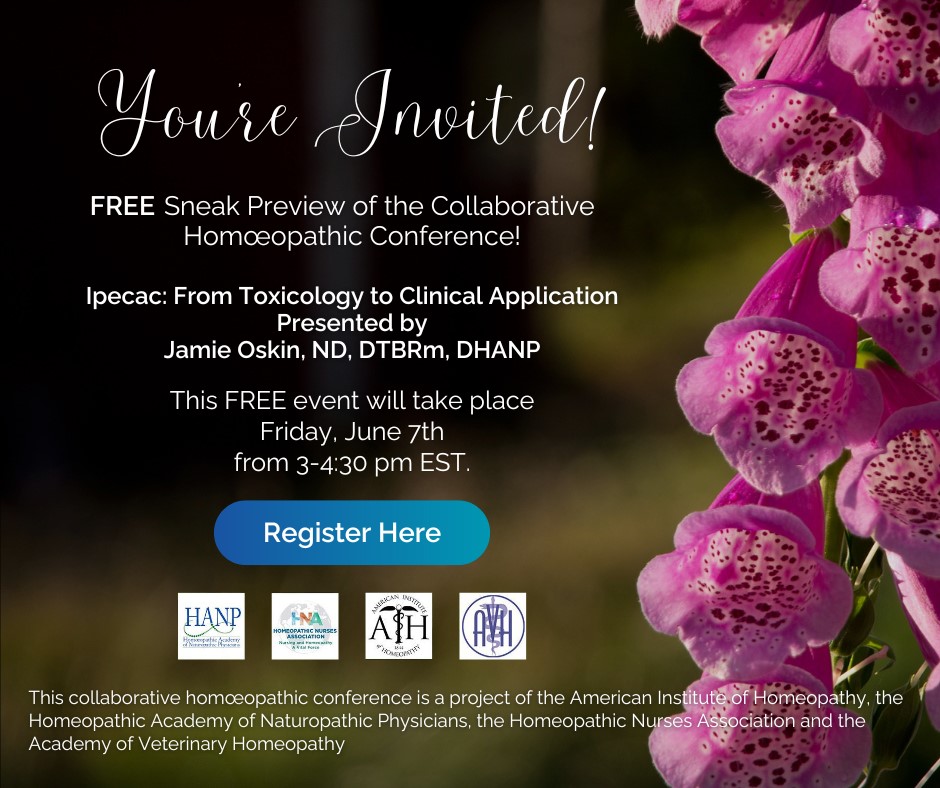Atopic dermatitis, also known as atopic eczema, is a skin disease which commonly occurs during early infancy and childhood. It is frequently associated with a personal or family history of atopic eczema, asthma, and/or allergic rhinitis (nasal allergies).
Atopic dermatitis is a common skin disease and its incidence appears to be increasing. The major features of atopic eczema include itchy rashes on the face, arms, and legs. Other associated features may include dry skin, darkening of the lower eyelid skin, and increased lines on the skin of the palms (hyperlinear palms).
Approximately 50% of atopic eczema sufferers develop this skin disease by the first year of life. Nearly 80% of children with atopic eczema eventually develop allergic rhinitis or asthma later in childhood.
Unfortunately, people with severe atopic eczema can develop serious eye problems including cataracts, keratoconus (a deformity of the cornea), and vernal conjunctivitis (springtime irritation of the eyelid). People with atopic eczema are also at risk for recurrent skin infections including herpes simplex, bacterial, and fungal infections. Atopic eczema can even be severe enough to interfere with an individual’s ability to perform his or her job, resulting in the loss of significant productivity annually. (Reference: Fitzpatrick’s Dermatology in General Medicine, Fifth Edition.)
There have been three excellent studies published in medical journals which describe the benefits of homeopathic medical care in the treatment of atopic dermatitis:
In Germany, Keil and colleagues, at the Charitè University Medical Center in Berlin studied 118 children with atopic eczema: approximately half were treated by homeopathic physicians and half were treated conventional doctors. They found that eczema symptoms improved in both groups. Also, both groups had similar improvement in the disease-related quality of life. (Reference: Keil T, et al. Complement Ther Med. 2008: Feb; 16 (1): 15-21.)
In Japan, Itamura and Hosoya studied 17 atopic eczema patients whose skin disease was resistant to the usual conventional medical treatments. These patients then received homeopathic treatment. All patients reported over 50% improvement overall in their skin conditions;15 of the 17 patients had their itching improve; 10 out of 13 patients with sleep disturbances improved; 9 out of 12 patients had improvement in satisfaction in daily life; 7 of 11 patients had improvement in fulfillment at work; 10 out of 14 patients had satisfaction with human relations. Importantly, 5 out of the 17 patients (almost one-third) were able to stop using their steroid ointments! (Editor’s note: This is very important because prolonged usage of steroid ointments can cause thinning of the skin and stretch marks. Additionally, topical steroids can also result in temporary suppression of the hypothalamic-pituitary-adrenal axis, thereby interfering with the body’s production of cortisol). Thus, homeopathic treatment was found to be helpful in even some of the most severe and difficult to treat eczema patients). (Reference: Itamura R, Hosoya R. Homeopathy. 2003: 92; 108-114)
In the third study, Witt and colleagues at Charitè University Medical Center studied 225 children with atopic eczema. The patients were allowed to use their conventional dermatology treatment while they began their homeopathic treatment. The children were then followed for two years.
The researchers found that the patients’ eczema severity scores improved significantly. Notably, the patients were able to reduce their use of conventional drugs for their skin disease.(Reference: Witt CM, et al. “Homeopathic Treatment of Children with Atopic Eczema: A Prospective Observational Study with Two Year Follow-up”. Acta Dermatologica Venereology. 2008. Preview, 1-2)
These three studies underscore the importance of homeopathic medical care in the management of patients with atopic eczema. They show the utility of homeopathic medicine in decreasing or even discontinuing the use of topical steroids in this dermatology patient population. We look forward to further studies evaluating the efficacy of homeopathic medical treatment of atopic eczema.
Robert J. Signore, DO


